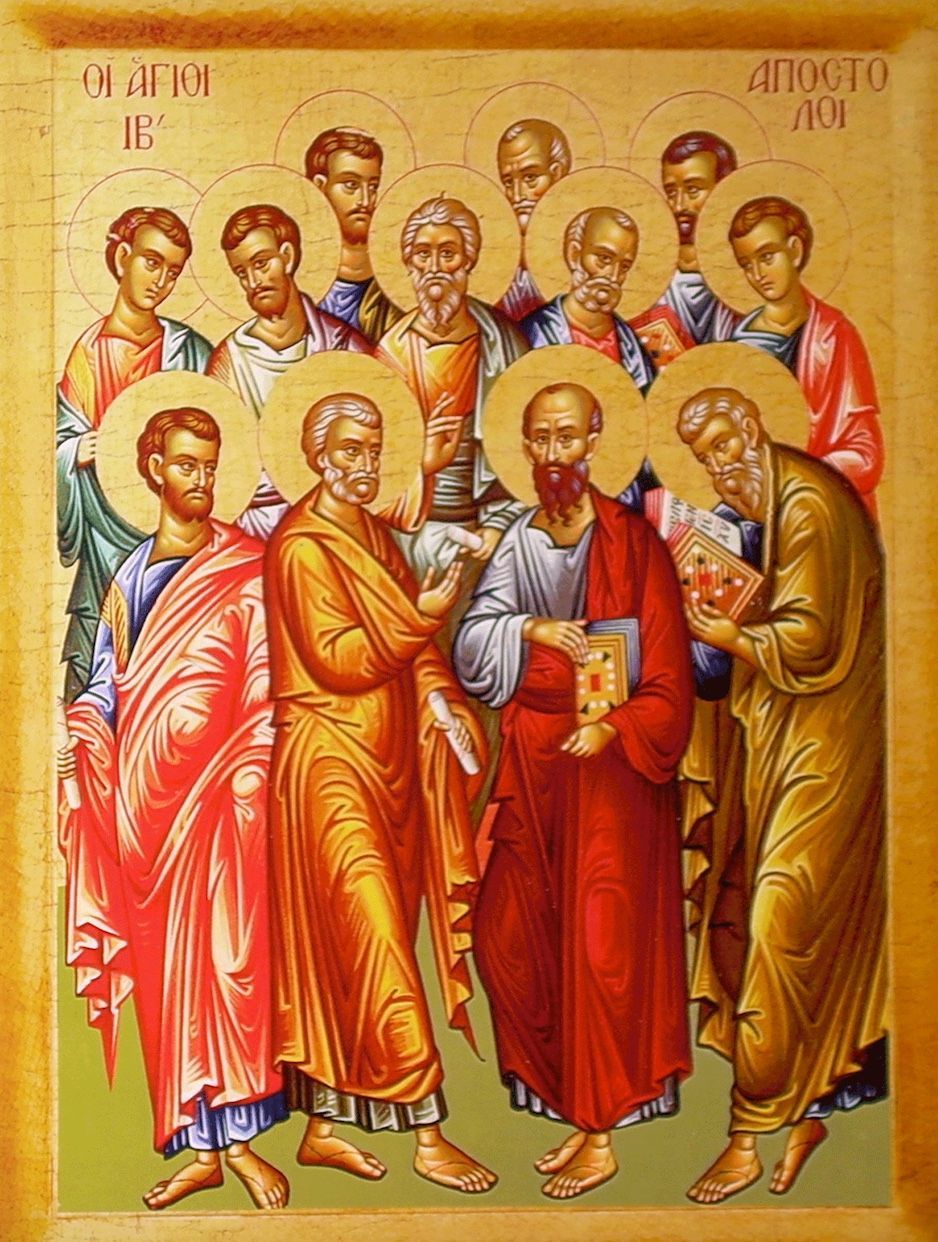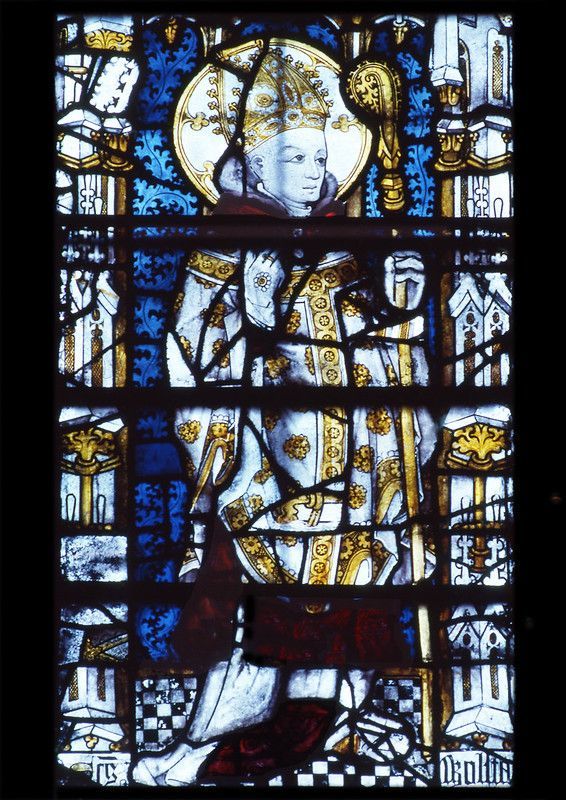Message of Abbot Paul - Friday - 19th January 2024
Abbot Paul • January 18, 2024


Today in England we celebrate the feast of the great Bishop of Worcester, St Wulstan, deeply loved in his lifetime and ever since. How tragic it is that his shrine in Worcester Cathedral was destroyed at the Reformation, like so many others in England and Wales. He was born in Warwickshire in 1008 and died in Worcester, after serving as bishop since 1062, in 1095. His life spanned the eleventh century and he was the only English-born bishop to retain his see at the Norman Conquest, after which a programme of ethnic cleansing of all church and state leaders took place. A social reformer, Wulstan struggled to bridge the gap between the old and new regimes, and to alleviate the suffering of the poor. He was, of course, a Benedictine. He studied in the monasteries at Evesham and Peterborough before entering the monastery at Worcester Cathedral shortly after his ordination. We ask his prayers for the Church in England today, that we may have some share in his religious fervour and devotion, showing in practical ways that we are followers of Jesus.
Today is the second day in the Week of Prayer for Christian Unity. The more Christians allow themselves to be transformed by the Word, the closer they get to Christ and the closer they get to each other. Although it is my deepest desire to see the Churches of Christ come together in organic unity, I am also realistic enough to realise that it won’t happen in my lifetime nor in the lifetime of our children and grandchildren. Nevertheless, it’s true to say that we are closer today than ever we have been in the past and that this is the fruit of the ecumenical movement and the Week of Prayer for Christian Unity. Jesus prayed for the unity of his Church, that all his disciples might be one as he and the Father are one. Let us make the prayer of Jesus our prayer too each day of our lives.
Our Gospel passage today comes from Mark, (Mk 3: 13-19), and tells us of the appointment of the Twelve Apostles. This happened in some lonely place, where Jesus was alone with his disciples. “Jesus went up into the hills and summoned those he wanted. So they came to him and he appointed twelve; they were to be his companions and to be sent out to preach, with power to cast out devils.” It is from a larger group of disciples that Jesus chooses and appoints the Twelve and Mark tells us that they are to be his companions, those with whom he will share his bread, the symbol of life itself. Jesus will share his gift for preaching with his apostles and the power to work miracles, symbolised in the casting out of devils. It is with the Twelve that the Church comes into being. We are then given their names, the names of the Twelve Apostles: “And so he appointed the Twelve: Simon to whom he gave the name Peter, James the son of Zebedee and John the brother of James, to whom he gave the name Boanerges or ‘Sons of Thunder’; then Andrew, Philip, Bartholomew, Matthew, Thomas, James the son of Alphaeus, Thaddaeus, Simon the Zealot and Judas Iscariot, the man who was to betray him.” We are told that to Simon he gave the name Peter (Cephas or Rock). To James and John, he also gives what we would call a nickname, but imagine being called Boanerges or Sons of Thunder. Whereas from now on Simon will be called Simon Peter or simply Peter by the others and by the evangelists and St Paul, we hear no more of that new name for James and John. As there is a second James, we are told the name of his father, Alphaeus, and of Judas Iscariot, the fact that he will betray Jesus. Hardly a group of readymade saints, this mixed crowd have already become that core group, those twelve pillars on which the Church of Christ will be built.
Lord, we thank you for building your Church on the firm foundation of the Apostles’ faith. Give us that same faith and fidelity today, that we might share our faith with others and so bring all people to salvation.









